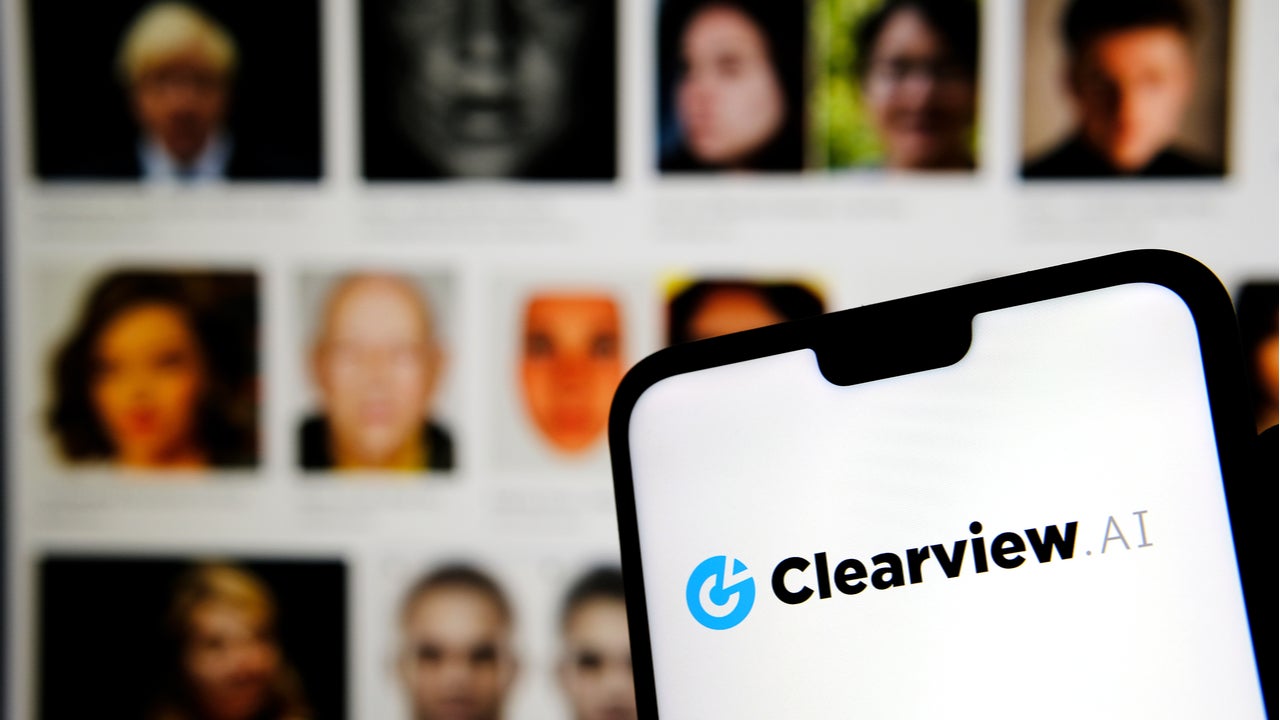Last week, Clearview AI, a US-based provider of facial recognition technology to law enforcement agencies, announced it is forming an Advisory Board consisting of high-profile members with experience in government, cybersecurity, and law enforcement, and individuals with experience in finance and law.
The Broad is charged with the controversial task of ensuring the technology is used in a professional manner that ensures community safety. However, the definition of what constitutes public safety is up for debate, varying by constituency.
Facial recognition companies have long been embroiled in controversy around the use of their technology by law enforcement, which alarms many individuals and civil liberties groups. Top concerns center around privacy, since the solutions collect, maintain, and analyze large volumes of images without consent, and on accuracy, because the software can be less accurate when analyzing specific demographic groups. Controversial use by governments overseas to target specific ethnic groups has also cast a shadow on the technology.
Clearview AI advisory board may not be popular
Clearview AI’s new Advisory Board is made up of individuals with strong affiliations to groups involved in government oversight of individuals, which may not help it gain favor from the public at large. Instead, the team undoubtedly has its finger on the pulse of government sentiment and law enforcement initiatives.
However, despite the negative publicity around facial recognition, companies offering the technology continue to attract the attention of investors. This summer, US-based Clearview AI raised $30 million from private investors; Israel-based AnyVision raised $235 million from SoftBank Vision Fund 2 and Eldridge. Clearview AI maintains a database of over 3 billion faces collected from public sources, including news sites, social media, and mugshot websites. The company boasts that its service helps law enforcement organizations across the US solve crimes and enhance public safety.
AnyVision offers real time facial recognition technology to identify individuals on watch lists, provide real time analysis of body cameras for law enforcement, and maintain access controls at building or site entry points. It also points to applications of its technology that address pandemic-related concerns; it can be used to analyze occupancy, count people, and determine dwell times.

US Tariffs are shifting - will you react or anticipate?
Don’t let policy changes catch you off guard. Stay proactive with real-time data and expert analysis.
By GlobalDataProponents of facial recognition are hoping use cases that pull on the public’s heartstrings will sway sentiment in the technology’s favor. They highlight the technology’s use in solving cases related to kidnapping or human trafficking. More recently, supporters are publicizing the use of facial recognition to identify individuals that breached the US Capital in January 2021. Whether applications such as these move the needle when it comes to public opinion remains to be seen.









